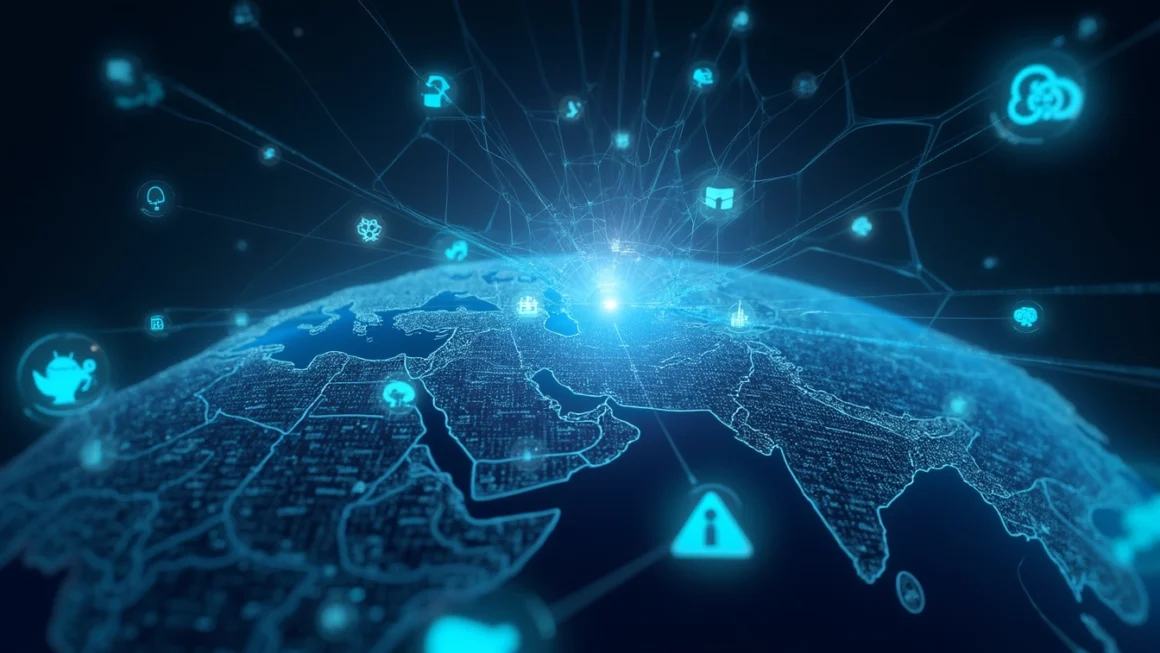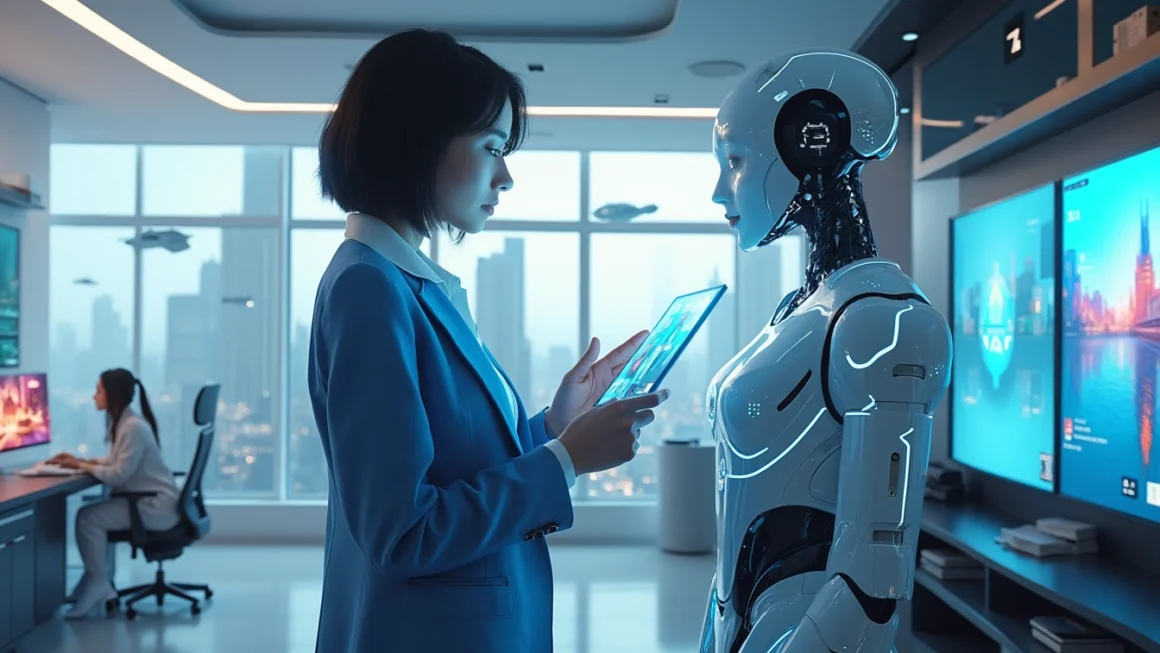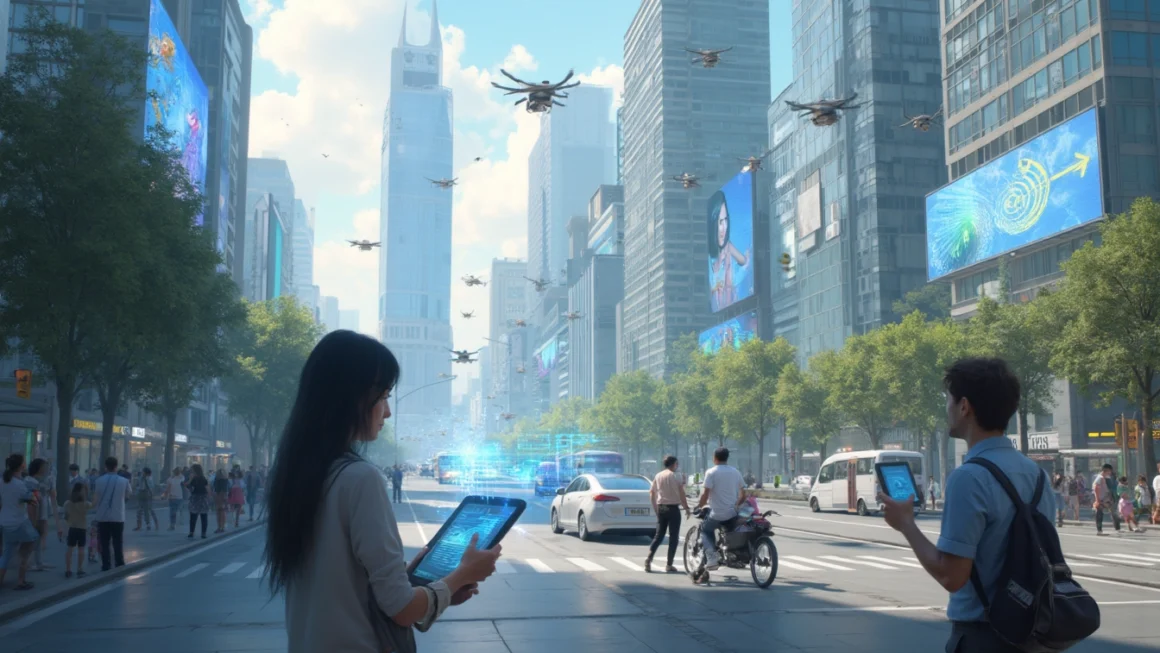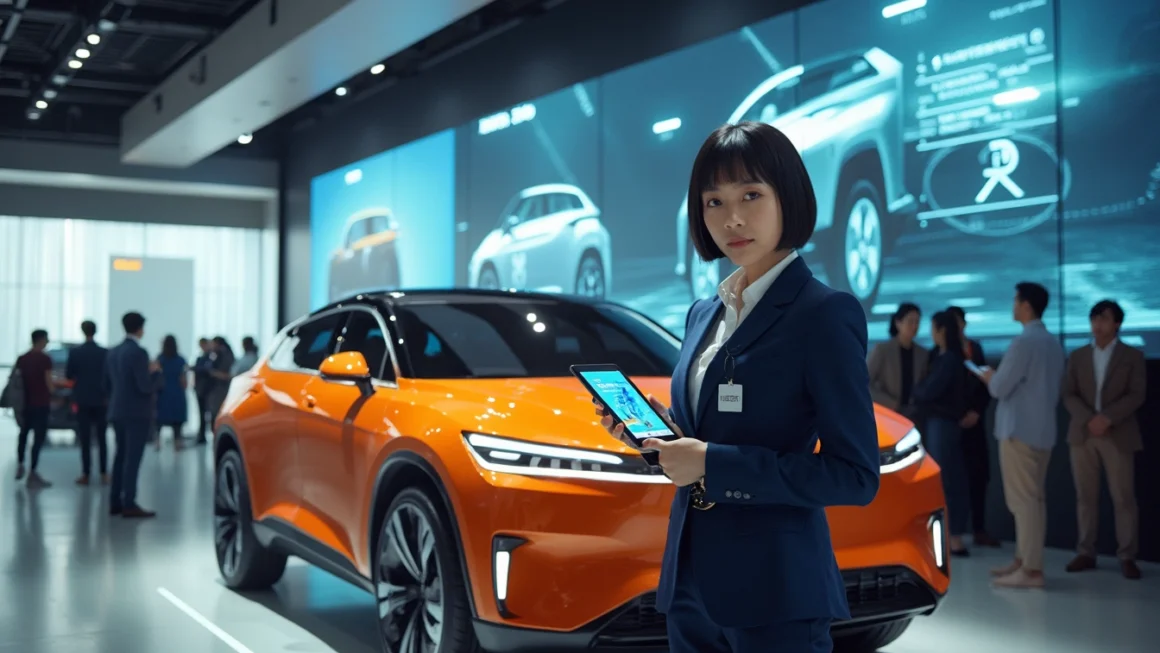The Global Impact of Generative AI
Table of Contents
In recent months, the world has witnessed a significant leap in artificial intelligence technology with the emergence of generative AI. This groundbreaking advancement has captured the attention of tech enthusiasts, business leaders, and policymakers alike, sparking debates about its potential implications for society and the economy.
Understanding Generative AI
Generative AI refers to machine learning models capable of creating new content, such as text, images, or even code, based on vast amounts of training data. Unlike traditional AI systems that follow pre-programmed rules, generative AI can produce original and often highly convincing outputs.
The most prominent example of this technology is ChatGPT, developed by OpenAI. This language model has demonstrated remarkable abilities in generating human-like text, answering questions, and even assisting with various tasks across industries.
Economic Implications and Job Market Disruption
As generative AI continues to evolve, concerns about its impact on employment have come to the forefront. Many experts predict that certain job roles, particularly those involving routine cognitive tasks, may be at risk of automation. However, it’s important to note that AI is also expected to create new job opportunities and enhance productivity in various sectors.
Industries such as customer service, content creation, and data analysis are likely to see significant changes as AI tools become more sophisticated. While some jobs may be displaced, others will require human-AI collaboration, leading to the emergence of new roles and skill sets.
Ethical Considerations and Regulatory Challenges
The rapid advancement of generative AI has raised important ethical questions. Issues such as data privacy, bias in AI algorithms, and the potential for misuse in creating deepfakes or spreading misinformation have become pressing concerns for policymakers and tech companies alike.
Governments and international organizations are grappling with the challenge of regulating this fast-evolving technology. Striking a balance between fostering innovation and protecting public interests remains a key priority. Automation tools in the regulatory compliance sector may play a crucial role in addressing these challenges efficiently.
The Future of Work and Education
As generative AI reshapes the job market, the importance of adaptable skills and lifelong learning becomes increasingly evident. Educational institutions and workforce development programs will need to evolve to prepare individuals for a future where human-AI collaboration is the norm.
Skills such as critical thinking, creativity, and emotional intelligence are likely to become even more valuable, as these are areas where humans still maintain an edge over AI systems. Additionally, technical skills related to AI development and management will be in high demand.
Global Competition and AI Leadership
The race to dominate the AI landscape has intensified, with countries and tech giants investing heavily in research and development. The United States and China are currently at the forefront, but other nations are also making significant strides in AI innovation.
This global competition has implications not only for economic growth but also for geopolitical dynamics. The country or companies that lead in AI development may gain significant advantages in various sectors, from defense to healthcare.
Potential Benefits and Societal Impact
Despite the challenges, generative AI holds immense potential for positive impact. In healthcare, AI could assist in drug discovery and personalized treatment plans. In education, it could provide tailored learning experiences for students. Environmental conservation efforts could benefit from AI-powered predictive models and data analysis.
Moreover, generative AI has the potential to augment human creativity and problem-solving capabilities, leading to breakthroughs in scientific research and artistic expression.
Conclusion
The rise of generative AI marks a pivotal moment in technological history. As we navigate this new era, it’s crucial to approach AI development with a balanced perspective, acknowledging both its potential benefits and risks. Collaboration between governments, industry leaders, and academia will be essential in shaping policies that promote responsible AI innovation while addressing societal concerns.
As individuals and organizations adapt to this AI-driven future, continuous learning and flexibility will be key. By embracing the opportunities presented by generative AI while actively addressing its challenges, we can work towards a future where technology enhances human capabilities and contributes to the greater good of society.




